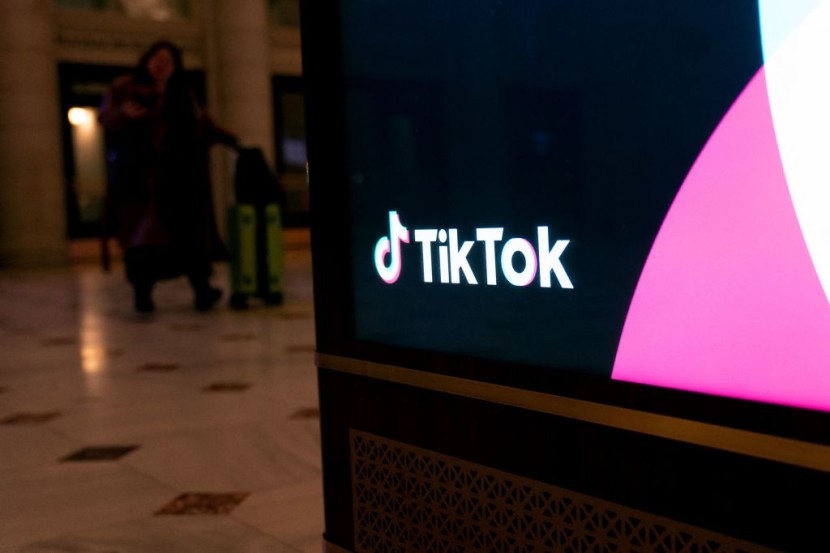Tech regulation in the US has been gathering momentum amid concerns about China's ownership of TikTok and as parents are becoming even more concerned about the effects of social media following the global pandemic mental health crisis.
Child Safety
Lawmakers have introduced bipartisan bills that will regulate tech. One of them is to make social media safer for children. Some lawmakers cite several examples of teens who committed suicide after cyberbullying or died engaging in dangerous behavior encouraged on social media.
There are at least two bills focused on child safety online-one is legislation by Tens. Richard Blumenthal, D-Conn., and Marsha Blackburn, R-Tenn-which were approved by the Senate Commerce Committee in 2022, as reported by APNews.
The law would require social media firms to be more transparent about their operations and allow child safety settings by default. Thus, minors would have the option to disable addictive product features and algorithms.
The legislation was reintroduced last week and would obligate social media companies to prevent specific dangers to minors, such as suicide promotion, substance abuse, eating disorders, sexual exploitation, and other illegal behaviors.
Last month, a second bill was introduced by four senators, which would take a more aggressive approach. It will prohibit children under 13 from social media platforms and require parental consent for teenagers.
Data Privacy
The proposed legislation also includes measures to protect data privacy. Social media companies would be required to give users greater control over their data, including the ability to delete their data and information easily. Companies must also provide clear and concise information about their data collection practices.
In addition, the legislation would establish a new federal agency, the Digital Privacy Agency, to enforce privacy regulations and investigate violations. The agency would also educate the public about data privacy and promote best practices among social media companies.
Overall, the legislation aims to create a safer and more transparent online environment for minors while protecting all users' privacy and data rights.
TikTok Ban

The proposed legislation does not directly address the TikTok ban. However, the data privacy and security concerns that led to the ban are consistent with the legislation's goals. The proposed legislation could help prevent similar situations by establishing stronger privacy regulations and enforcement.
One area that has received particular attention is protecting minors' online privacy. Many young people spend significant amounts of time on social media sites like TikTok or Instagram, and legitimate concerns about their safety and well-being exist.
By creating stricter rules around what information companies can collect from minors without parental consent and ensuring that they receive adequate protection against cyberbullying or other forms of harassment, this legislation could help create a safer environment for children online.
At the same time, however, some critics worry that such regulations may stifle innovation or limit free speech rights on digital platforms - particularly if enforcement becomes overly heavy-handed or punitive towards small businesses that cannot keep up with compliance requirements as easily as larger corporations might be able to do so.
Despite these challenges, though- which lawmakers will need to consider throughout deliberations carefully - most experts agree that stronger protections for users' personal information are needed urgently, given recent revelations about widespread breaches at major tech firms like Facebook Inc., Google Parent Alphabet Inc.'s YouTube LLC unit, among others.
Related Article : UK Imposes 'Immediate' TikTok Ban From Government Phones








